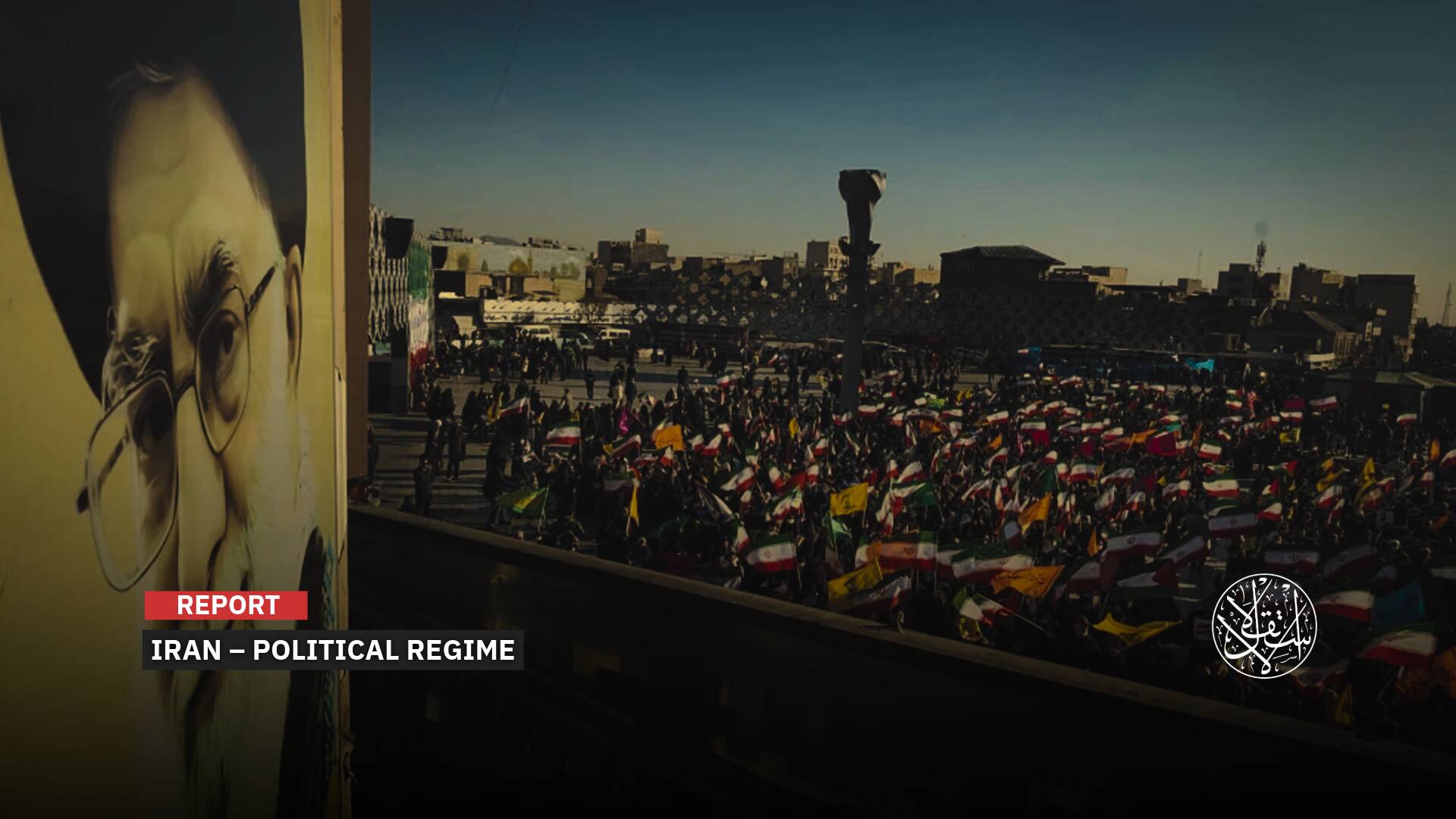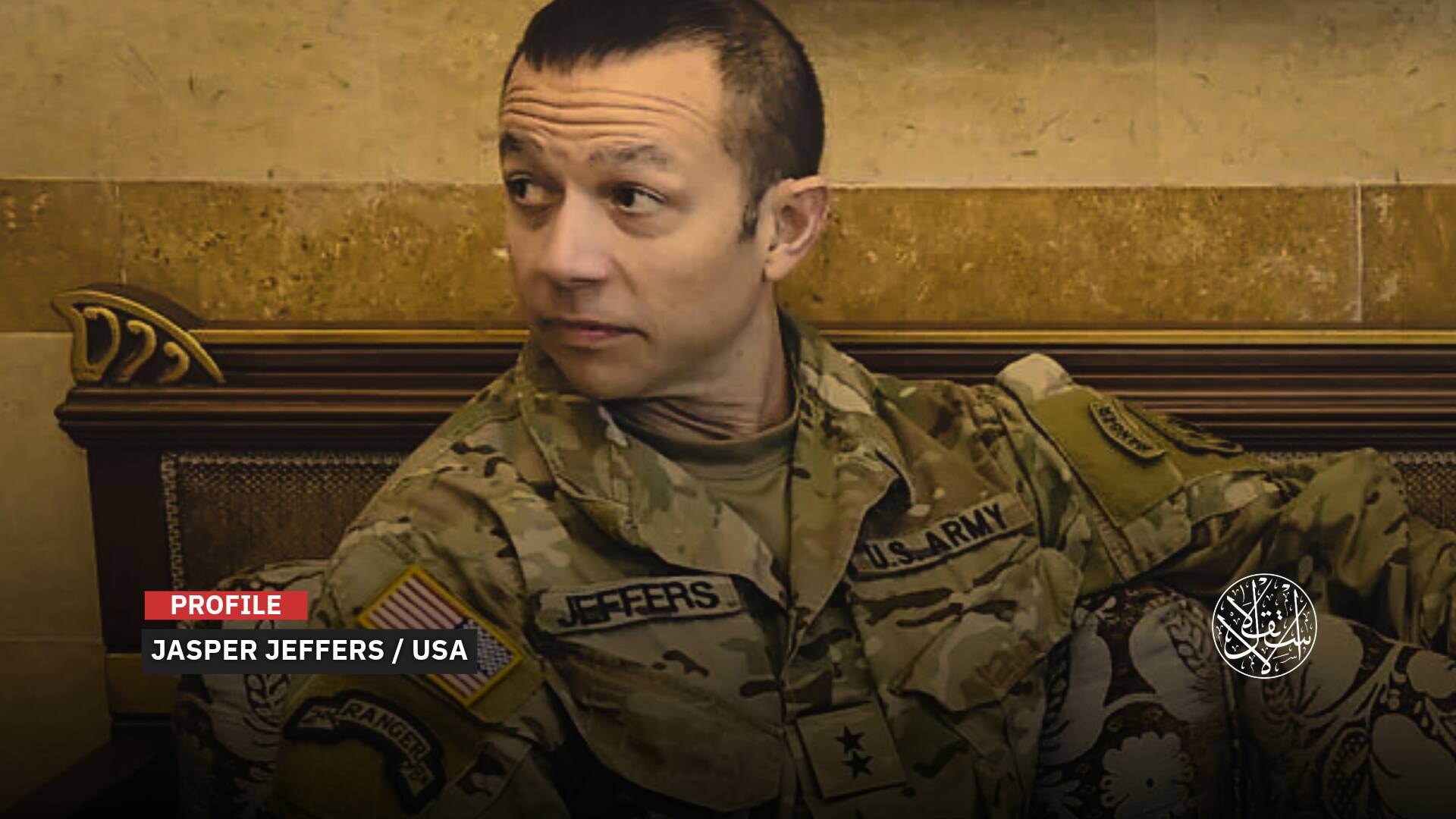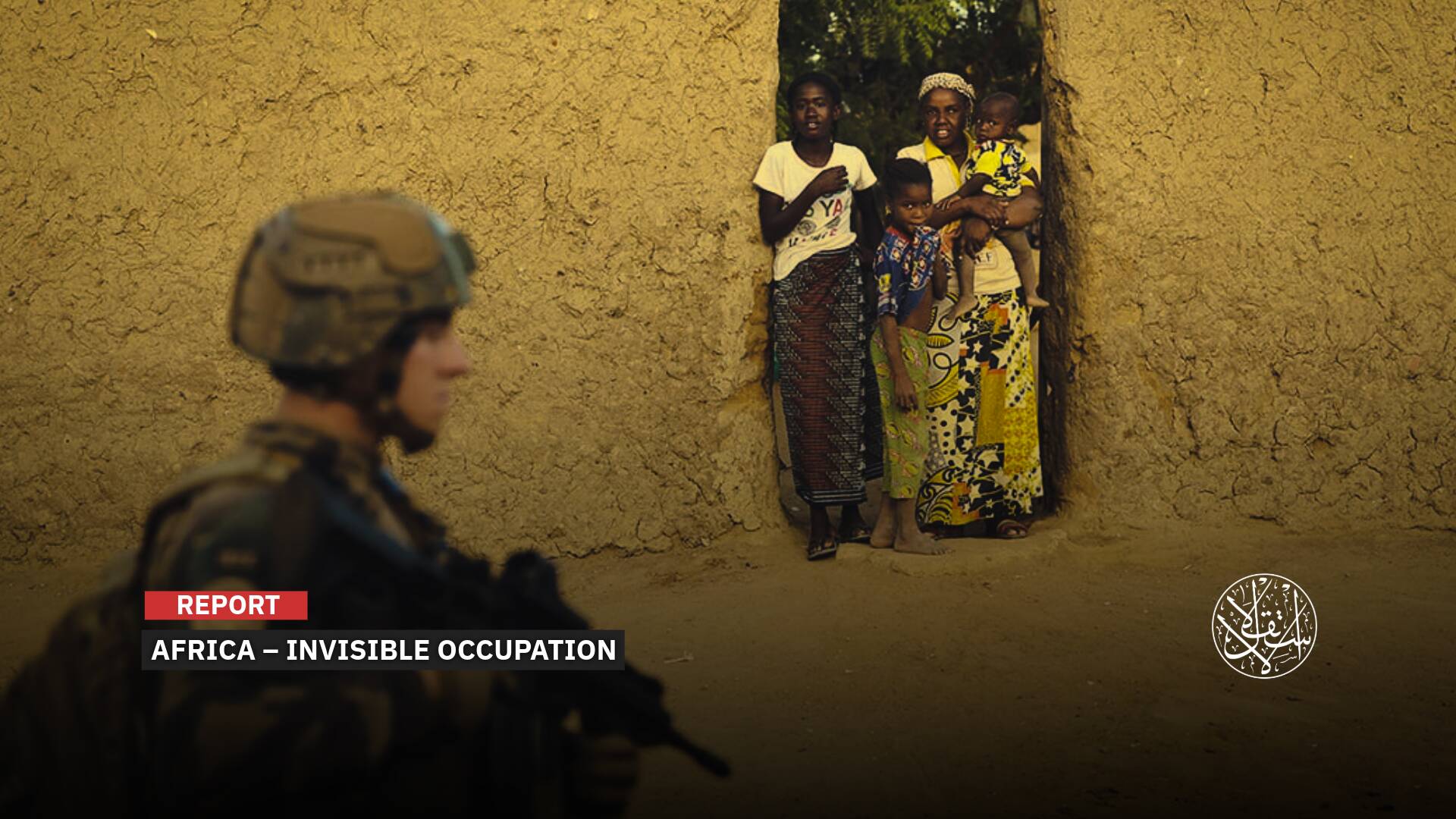Israeli Ban on UNRWA in Occupied Jerusalem: What’s at Stake?

The Knesset approves two laws banning the operations of the UNRWA.
At a health center in the Shu'fat refugee camp in occupied Jerusalem (al-Quds), Safa Ayad cradles her nine-month-old daughter before receiving some vaccinations.
But Ayad (30) shares the concerns of many Palestinians about where her child will receive the next round of vaccines, as Israeli Occupation authorities are set to close this center.
The United Nations Relief and Works Agency for Palestine Refugees in the Near East (UNRWA) operates the clinic and two nearby schools. However, the situation extends beyond the closure of these buildings.
A Pivotal Blow
Israeli Occupation’s move to ban UNRWA’s operations in occupied Jerusalem on January 30, 2025, dealt a heavy blow to the humanitarian assistance network that supports nearly 6 million Palestinian refugees worldwide.
This decision not only halts the flow of aid but also dismantles the last remaining safety net for millions, leaving them facing an uncertain future and life-threatening challenges.
The Israeli Occupation's decision to ban UNRWA took effect in occupied East Jerusalem, forcing international staff to leave the city due to expired permits, while local staff were left without the ability to work from their offices.
The ban followed the Israeli government’s directive for UNRWA to vacate all its facilities in occupied East Jerusalem and cease operations by this date.
This followed a message sent by the Israeli Occupation’s permanent representative to the United Nations, Danny Danon, to UN Secretary-General Antonio Guterres on January 24.
Since then, UNRWA vacated its headquarters in Sheikh Jarrah, where it had been based since 1951, as well as clinics in the Old City of occupied Jerusalem and schools throughout the city, including a vocational training center.
In late October 2024, the Israeli Knesset (parliament) approved two laws targeting UNRWA’s operations.
The first law bans the agency from operating in areas “under Israeli sovereignty,” including its offices and services, while the second law prohibits any contact with the international organization.
This started after “Israel” claimed that UNRWA employees were involved in Operation al-Aqsa Flood on October 7, 2023, a charge the agency denied.
The UN reaffirmed UNRWA’s commitment to neutrality, refusing the Israeli ban and repeatedly calling on “Tel Aviv” to reverse its decision, but to no avail.
Just one day before the ban took effect, the Supreme Court of the Israeli Occupation rejected an appeal filed by Adalah, the legal center for Arab minority rights in “Israel,” requesting a temporary injunction to halt the measures against UNRWA.
“The petition, filed by Adalah on behalf of Palestinian refugees and partner human rights organization Gisha, calls for the immediate cancellation of two laws enacted by the Knesset to halt all UNRWA operations in East Jerusalem, the West Bank and Gaza,” Adalah (a non-governmental organization) stated.
“The suspension of UNRWA means a death sentence for me, as I won’t be able to afford the medications for my chronic illnesses or my wife’s,” one petitioner said.
Adalah pointed out that the ban, which ignores the catastrophic humanitarian consequences, would affect not only UNRWA’s work in occupied Jerusalem but also in Gaza and the West Bank.
As the need for UNRWA grows, especially under the genocidal campaign “Israel,” with U.S. backing, waged on Gaza for over 15 months, Palestinians are more reliant than ever on the agency, the largest international humanitarian organization in the region.

Impact Scale!
According to agency officials, more than 100,000 occupied Jerusalem refugees listed in UNRWA’s records will be directly affected by the ban.
These individuals receive vital services, including education, healthcare, social support, mental health care, and personal loans.
UNRWA has been operating throughout occupied East Jerusalem since the 1950s, providing primary healthcare to a total of 70,000 patients, along with education for 1,150 students in its schools and clinics, according to an official agency statement.
On January 26, the agency clarified that its headquarters in Sheikh Jarrah, where it has been based for over 70 years, serves as the hub for its operations in the occupied West Bank, including occupied East Jerusalem.
This means the Israeli decision will impact Palestinian refugees benefiting from UNRWA’s services and aid in both the West Bank and occupied Jerusalem.
The Sheikh Jarrah office oversees the delivery of essential services to more than 850,000 refugees in the West Bank.
This also includes the education sector; thousands of students’ futures are at risk if their schools in Shu’fat refugee camp and Silwan village are closed.
Around 1,100 students are enrolled in UNRWA schools in occupied Jerusalem, with the largest being two schools—one for boys and one for girls—located in the Shu’fat camp.
Among them are 350 students at the vocational training institute in Qalandia, located on land provided by the Jordanian government to UNRWA, according to an official statement from the agency.

The closure of these schools means that Palestinian students would be transferred to educational institutions under the occupied Jerusalem municipality's control, with a strict adherence to its curriculum and regulations.
In this context, “Israel” has previously accused UNRWA of failing to remove what it considers incitement in the curricula taught in the agency’s educational institutions, claiming it exacerbates “the conflict” rather than helping resolve it.
“Israel” has long sought to impose its own curriculum over the Palestinian one in occupied Jerusalem, aiming to erase the narrative of Palestinians' right to resist occupation and return to their occupied lands.
The continued presence of UNRWA symbolizes the ongoing occupation; the United Nations General Assembly established the agency in 1949 and entrusted it with the mission of providing humanitarian aid and protection to Palestinian refugees until a just and lasting solution to their plight is found.
Settlement Goals
Over the years, there have been repeated attempts to force UNRWA to evacuate its building in Sheikh Jarrah using various means.
These efforts included arson attacks, protests by extremist Zionists, eviction notices, threats, and instances of violence and arrests targeting UNRWA staff.
On January 29, 2025, extremist right-wing deputy mayor of occupied West Jerusalem, Aryeh King, called for a gathering outside the UNRWA office in Sheikh Jarrah to celebrate the agency’s expulsion from the city.
King had previously announced plans to build 1,440 settlement units on the land where the UNRWA office stands in Sheikh Jarrah, which covers several thousand square meters; there have been longstanding and ongoing attempts to close the vocational training institute in Qalandia.

The vocational training institute is adjacent to Qalandia Camp, and its significance lies in its large area and its view of the historic Jerusalem International Airport, located in occupied East Jerusalem which opened in 1924 as the first airport under the British Mandate in Palestine. This airport ceased operations entirely after the city was occupied in 1967.
“Israel” plans to build a settlement neighborhood on the land of the historic airport and later expand onto the vocational institute's grounds after expelling the agency from the area.
Since the end of 2021, Israeli bulldozers have been actively clearing large sections of this old airport land located to the north of the occupied city.
The same objectives apply to the Gaza Strip, where accusations of UNRWA employees' involvement in Operation al-Aqsa Flood emerged as the Israeli army prepared plans to displace residents there.
Extremist ministers have long called for the displacement of Gaza’s population and the reconstruction of settlements dismantled by “Israel” in 2005.
The closure and ban of UNRWA help further this plan by halting humanitarian aid for approximately 1.9 million refugees, obstructing efforts to rebuild the sector, and pushing residents to migrate.
“Israel” attempted to carry out this agenda during its war on Gaza, displacing people from the northern part of the Strip to the south, cutting aid, and spreading famine. However, the residents' resilience thwarted these “efforts.”
Following the ceasefire on January 19, 2025, this plan resurfaced with Donald Trump's return to the White House and his call for Egypt and Jordan to accept large numbers of Palestinians from Gaza.
Trump cited the “lack of habitable space in Gaza” due to Israeli genocide, a proposal firmly rejected by both Egypt and Jordan.
The ban on UNRWA in occupied Jerusalem also comes amid Israeli calls to annex the West Bank during Trump’s current term, a move in line with “Tel Aviv’s tactic” to bury the two-state solution and erase Palestinian refugee rights in one stroke.
Serious Repercussions
Shutting down UNRWA has serious consequences on two main levels: direct humanitarian services and the central issue of refugee rights, especially the right of Return, said Mohammed Emad, director of the legal department of the Stockholm-based advocacy group Skyline International for Human Rights.
“On the first level, UNRWA provides vital services to approximately 5.9 million Palestinian refugees in its areas of operation, including occupied Jerusalem. These services include education through schools, as well as health centers and emergency relief,” Emad told Al-Estiklal.
He stressed that shutting down UNRWA would strip tens of thousands of refugees in occupied Jerusalem—especially in camps like Shu’fat—of essential services, deepening poverty, unemployment, and humanitarian suffering.
It’s important to note that the Palestinian Authority or local institutions do not have the financial or logistical capacity to replace UNRWA’s services, especially under the Israeli Occupation, which limits their authority in occupied Jerusalem, according to Emad.
On the second level, the closure hampers UNRWA's work in maintaining refugee records, which are part of the collective identity of Palestinians in the occupied city.

Emad noted that the closure of the international agency could facilitate Judaization policies and the erasure of Palestinian identity in the city.
“UNRWA is the key international witness to the ongoing Palestinian refugee issue since the Nakba 1948, defining a Palestinian refugee as anyone displaced in that year and their descendants.”
Its closure could be politically used to undermine the legal legitimacy of the right of Return, as guaranteed by UN General Assembly Resolution 194, by ending the “temporary status” of refugees and integrating them into host communities.
The legal expert said it is important to affirm that the right of Return is not existentially tied to UNRWA, but to the United Nations' resolutions.
However, the absence of UNRWA could weaken the international mechanism supporting this right and reduce the pressure on “Israel” to adhere to international law.
“The ban on UNRWA in occupied Jerusalem is not merely an ‘administrative’ decision but a political move with severe humanitarian and legal consequences.”
It affects both the existence of Palestinians in occupied Jerusalem by reducing services that ensure their survival, and “the collective memory of refugees by erasing their records.”
“It also impacts the international legitimacy of Palestinian rights, especially with the growing Western support for Israel,” Emad concluded.
Sources
- Palestinian Refugees Petition Supreme Court Against Israeli Laws Aimed at Shutting Down UNRWA
- Israeli ban on UNRWA begins as aid agencies argue they do not have capacity to fill the void
- An expert explains to Al Jazeera Net the repercussions of closing UNRWA headquarters in Occupied Jerusalem [Arabic]
- Israeli government orders UNRWA to vacate its buildings in occupied East Jerusalem and cease its operations there [Arabic]











